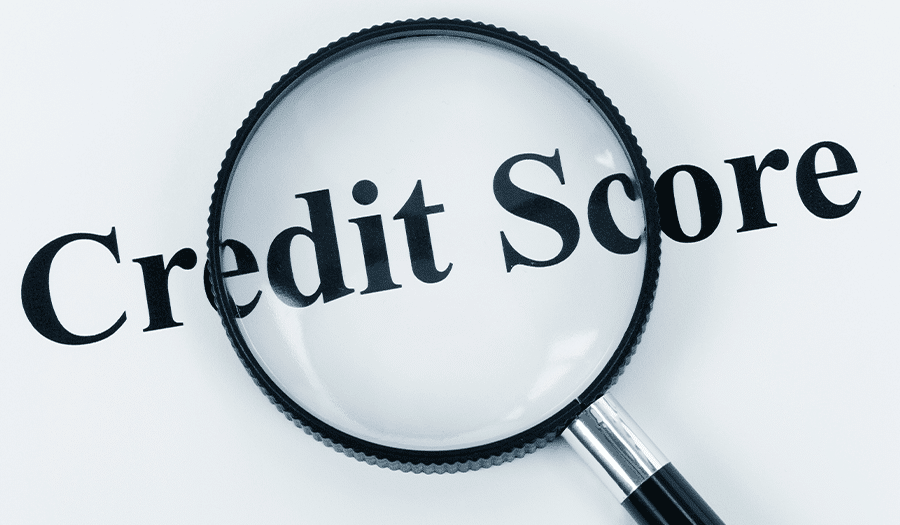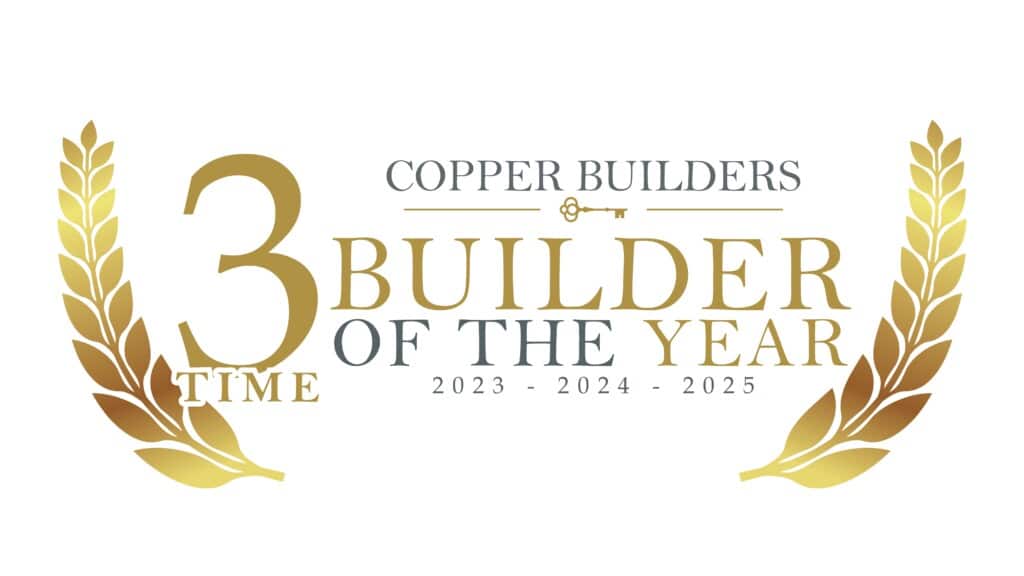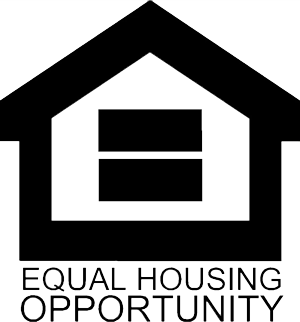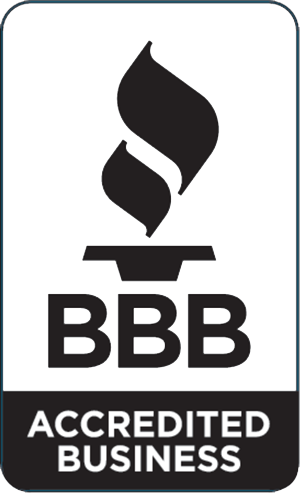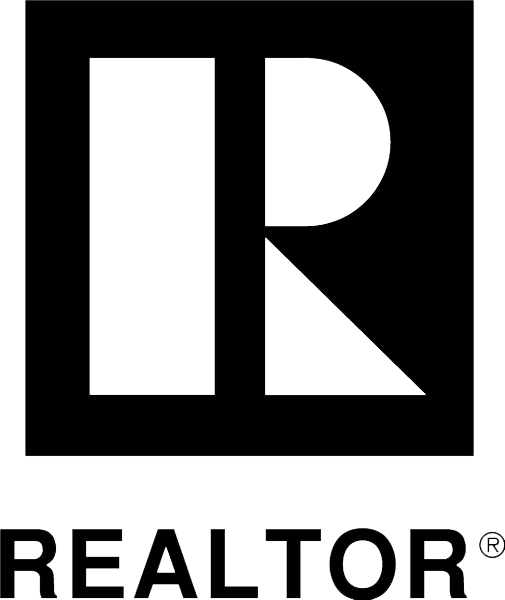Dreaming of your ideal new home is an exciting time! If you plan to build, you know when you move in it’s going to be a home crafted to your specific needs and style, and that you’ll be able to settle in and make memories with your family for many years.
However, you also know you’ll need to qualify for a mortgage to build your new home. So how do you know if you’ll qualify?
Your credit score plays an important role in your mortgage qualification. Lenders look to your score to determine how responsible you are with credit and your money. The better your credit score, the more appealing you look to lenders as a worthwhile investment, leading them to offer you better interest rates and options.
What Credit Score Do Lenders Look For?
Most lenders are looking for a score of 620 or higher. At 620, they may consider you qualified but offer you a higher interest rate and less flexible options. This is usually the minimum score they will consider qualified, although depending on your situation and the type of lender you’re applying to, they may consider slightly below 620.
Ideally, the higher the score the better. Utilize your credit responsibly by paying your bills on time, and more than the minimum amounts due wherever possible. Try to keep your balances on credit cards and lines of credit below 20% utilization to show you don’t max out your credit cards but do use your credit.

How Does My Credit Score Affect My Ability To Buy?
Your credit score is a complex algorithm calculated to demonstrate your general behavior with credit and money. It reflects how reliable you are with payments, management of debt, and utilization of available credit.
If your score is closer to the minimum qualifying number of 620, this could mean a few things:
- You have a large amount of debt compared to your income
- You’ve maybe missed some or been late with payments along the way
- Your balance owing is close to your credit limits.
Lenders will look at these items as a risk. They may still qualify you for a mortgage, but it’ll likely be at a higher interest rate as you would be considered more of a risk to default. They may also limit the options offered to you for types of loans, which means less choice in finding a mortgage product suited to you.
If your credit score is higher – 800, for example – then your credit history is strong. You keep your outstanding balances low against your available credit. Your utilization may also be a lot lower, but it is active.
Lenders will look at borrowers with a higher score as a worthwhile investment. They could offer more competitive interest rates and terms, meaning your mortgage payment will be lower and you’ll pay down your principal balance faster.
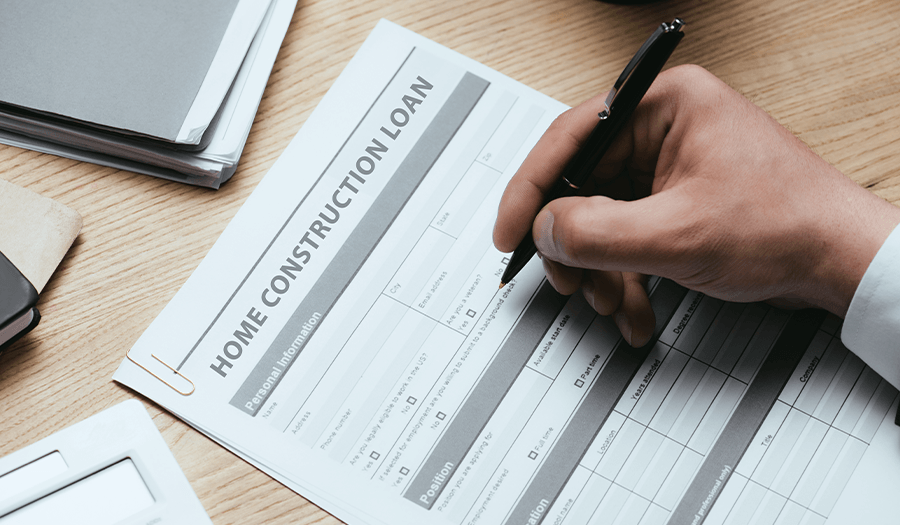
Qualifying For A Construction Loan
If you are applying for a construction loan – a temporary loan that pays for the construction of your home while it’s being built – your credit score can affect the type of loan you qualify for. There are two types of construction loans available for a newly built home:
Construction-to-Permanent
This loan is temporary during construction and converts into a permanent mortgage when the building is complete. In this case, your interest rates are locked in from the beginning. You’ll know exactly how much your payments are from the start, and you won’t have to requalify for a mortgage when you’re ready to move into your new home.
Construction Only
This type of loan must be paid off when the building is complete. This could be an option if you have a higher credit score and strong credit history, as you’ll have to qualify more than once to buy your home.
You’ll qualify for this loan at the beginning of construction, and then you need to apply and qualify for a separate mortgage for when you take possession of your new home. This is a great option if you’re looking to shop mortgage products during construction.
By understanding your credit score and knowing how to manage it before you apply for a mortgage, you’ll be in a stronger position to obtain the right mortgage for your needs. Request a credit report from all credit bureaus (Equifax, Experian, and TransUnion) as they can show varying results. Do your best to improve your score before you apply, and you’ll be well on your way to your dream home.


